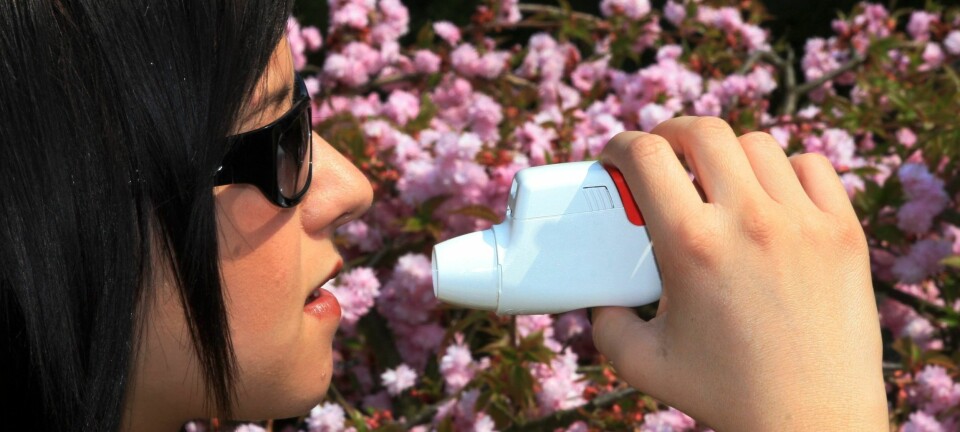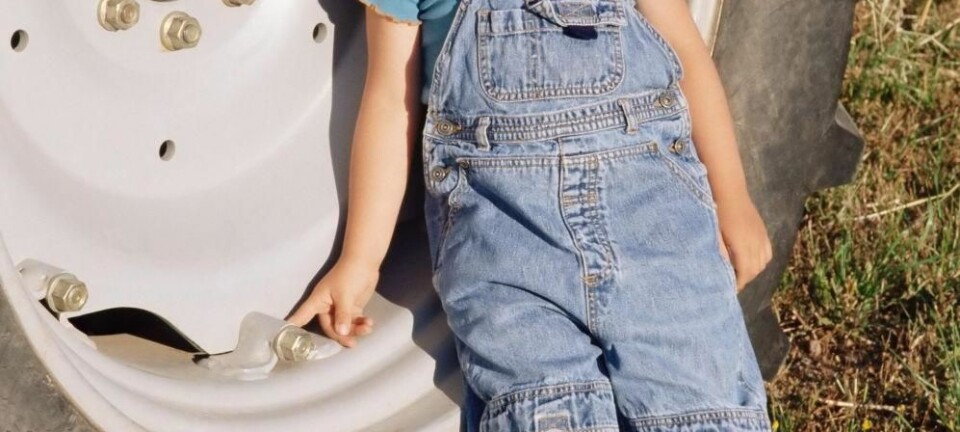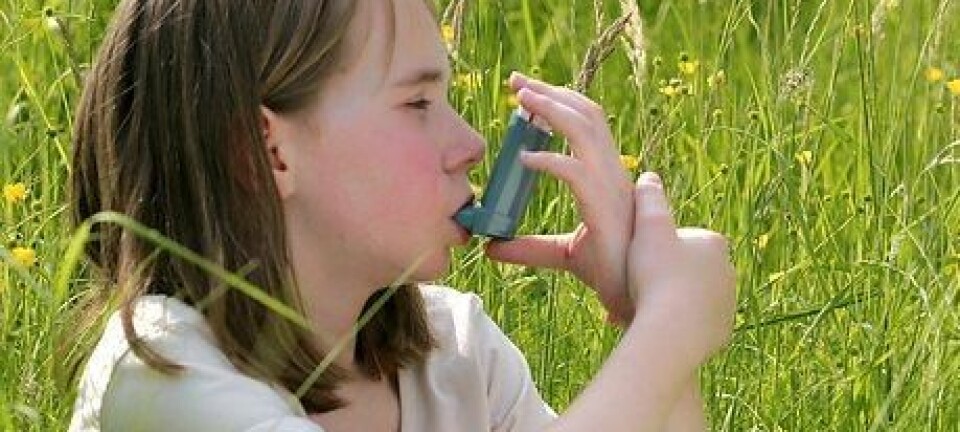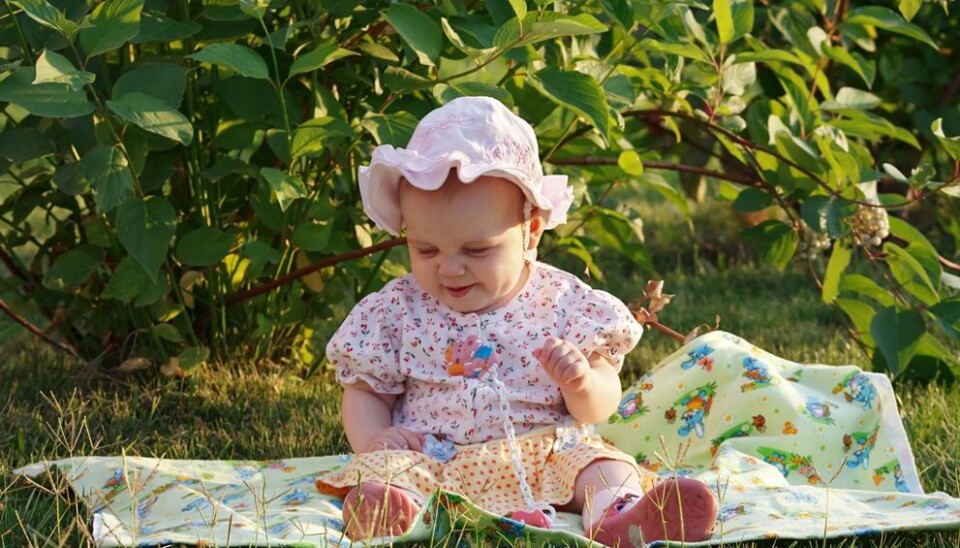
Mum’s pollen exposure links to baby’s asthma
Heavy pollen exposure in late pregnancy raises the risk of asthma early in life for the baby. If a mother smokes, however, pollen in the air during a baby’s first three months is less likely to trigger asthma.
Two mutually exclusive hypotheses have been made about the link between pollen, pregnancy and asthma risks:
Either a heavy dose of pollen while you’re still in the womb can bolster your tolerance and help ward off pollen allergy, or a lot of pollen in the beginning of your life makes you overly sensitive and increases allergy risks.
Research reports have given disparate answers and no clear connection has emerged. But a fresh study, this time from Sweden, points toward the first alternative.
It shows that high pollen concentrations in the air during the last three months of a pregnancy are linked to a higher risk of a child being hospitalised with asthma in its first 12 months.
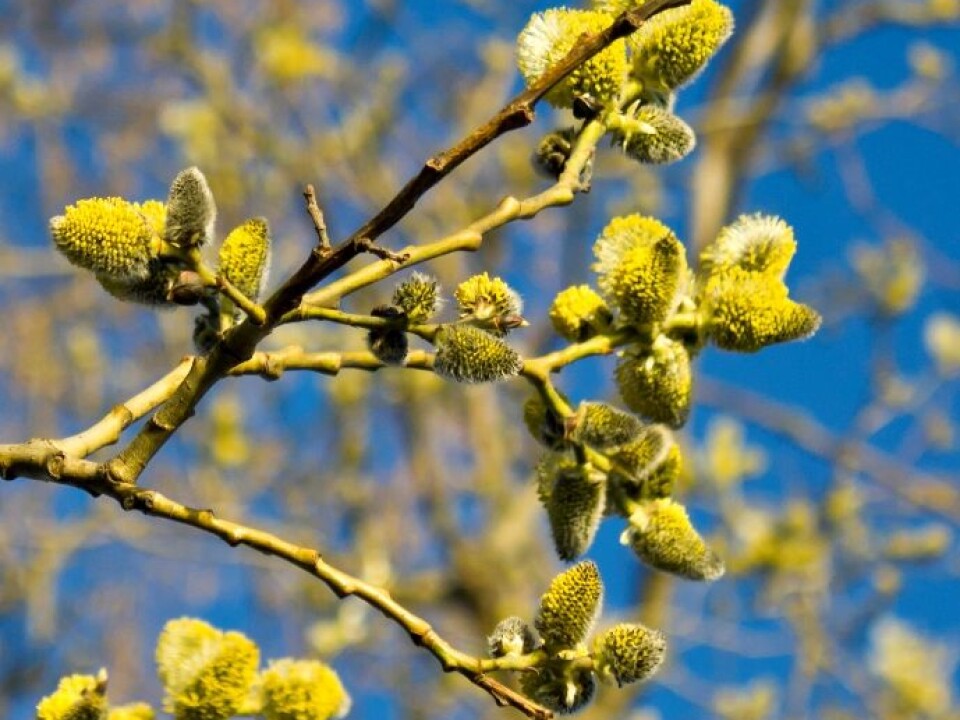
“We have found an effect of pollen that we can’t quite explain – we’re actually surprised by the discovery,” says a co-writer of the study, Lennart Bråbäck, from Umeå University, Sweden.
Pollen counts more applicable than a seasonal focus
Over 110,000 children born from 1989 to 1996 in the Stockholm area have been included in the study and researchers have concentrated on the kids who were admitted to hospitals because of asthma during the first year of their lives.
These infants and toddlers numbered 940 – or 0.8 percent of the children born in these years.
“You could say that 940 counts as quite a few, because it’s such a large cohort group. It’s also more common to be admitted to hospital with respiratory problems during the first year than later on, so we consider this to be significant data material,” says Bråbäck.
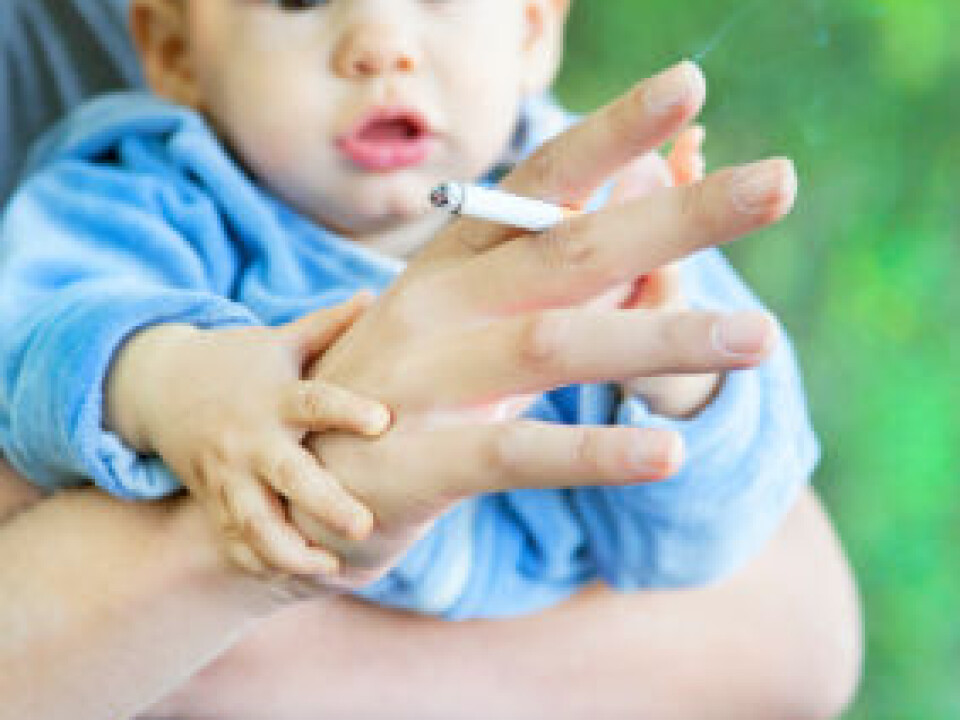
Bråbäck and his colleagues’ study differs from others because they have gone a step further than simply taking account of the time of year infants are born – as is often the case in measuring the impact of pollen. They factored in the actual pollen concentrations in the areas where the mothers lived during their pregnancies.
The season in which a baby is born is known to have an effect on the risk of developing respiratory infections and other factors that affect the risk of asthma.
When dates of birth are used the effect can be mistakenly interpreted as the impact of pollen.
The Swedes made a more accurate measurement of pollen’s role by comparing the children’s health information with pollen counts in the areas where the kids lived.
Possible link with mothers’ allergy reactions
High concentrations of pollen in the air during the last three months of pregnancy linked to a bigger risk of the baby being hospitalised. But a correlation does not necessarily indicate a cause and effect.
The Swedish researchers, led by Professor Bertil Forsberg in Umeå, have controlled for factors such as smoking, whether the infants were born prematurely and general seasonal variations. But in their study they write they cannot rule out some other unknown influence which could be the real explanation for the effects they encountered.
But if prenatal pollen conditions really have a direct affect, how would that work?
Bråbäck offers some hypotheses.
“If it turns out the effect is real, I think it could be because the mothers of these children have had allergy problems because of the pollen concentrations, and this has affected the child in the womb. We’re planning a study to check these results by controlling the mothers’ allergy problems throughout their pregnancies.”
“We will also look at children from a larger time span than we did this time and follow them up longer than their first year. We think this will help reveal the connection better,” says the researcher.
Offspring of smokers do better in high-pollen weather
Forsberg, Bråbäck and the rest the researchers call attention to another surprising aspect of their study. High concentrations of pollen in the air during an infant’s first three months actually reduce the risk of asthma. But only when their mothers are heavy smokers.
This sounds odd but the Swedes have a possible explanation:
Lots of pollen in the air coincides with nice, sunny weather and that ups the odds that the mothers are spending more time outdoors.
For little tykes in non-smoker homes going outdoors with mother can be tough on respiratory passages. But if mum is a smoker they will be getting more fresh air and less secondary smoke than if they were cooped up in a flat.
This is another link the researchers plan to study more closely in their quest to find the causes of asthma in infancy.
Bråbäck says you needn’t lose any sleep worrying if you are pregnant and are expecting your child in the summer.
“Lots of factors are at play as regards asthma. For instance mothers who suffer asthma or breathing problems during pregnancy have an increased risk of giving birth prematurely. And prematurely born children have a higher risk of asthma,” he says.
“There’s no reason for sounding alarms on account of this study yet and we think all the pieces of the puzzle are important.”
-------------------------
Read the Norwegian version of this article in forskning.no
Translated by: Glenn Ostling

